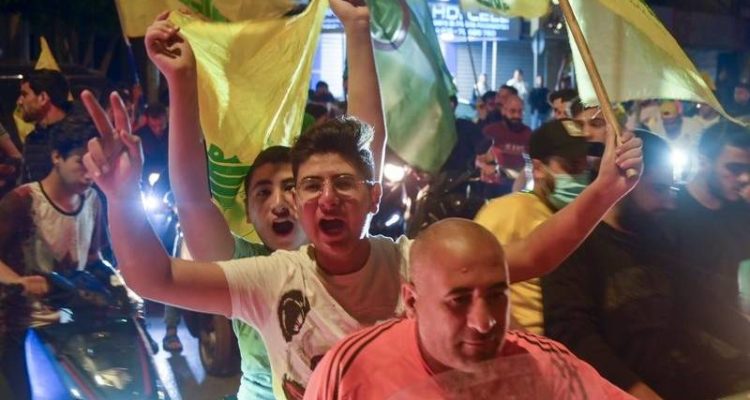Iran-backed Hezbollah has been dealt a blow in Lebanon’s parliamentary election, with preliminary results showing losses for some of its oldest allies and the Saudi-aligned Lebanese Forces party saying it has gained seats.
With votes still being counted, the final make-up of the 128-member parliament has yet to emerge. The heavily armed Shi’ite Muslim group Hezbollah and its allies won a majority of 71 seats when Lebanon last voted in 2018.
Sunday’s election is the first since Lebanon’s devastating economic meltdown blamed by the World Bank on ruling politicians after a huge port explosion in 2020 that shattered Beirut.
One of the most startling upsets saw Hezbollah-allied Druze politician Talal Arslan, scion of one of Lebanon’s oldest political dynasties who was first elected in 1992, lose his seat to Mark Daou, a newcomer running on a reform agenda.
Initial results also indicated wins for at least five other independents who have campaigned on reform and bringing to account politicians blamed for steering Lebanon into the worst crisis since its 1975-90 civil war.
Whether Hezbollah and its allies can cling on to a majority hinges on results not yet finalised, including those in Sunni Muslim seats contested by allies and opponents of the Shi’ite movement.
Gains reported by the Lebanese Forces (LF), which is vehemently opposed to Hezbollah, mean it would overtake the Hezbollah-allied Free Patriotic Movement (FPM) as the biggest Christian party in parliament.
Read the article by Laila Bassam and Timour Azhari and Maya Gebeily in The Canberra Times.

